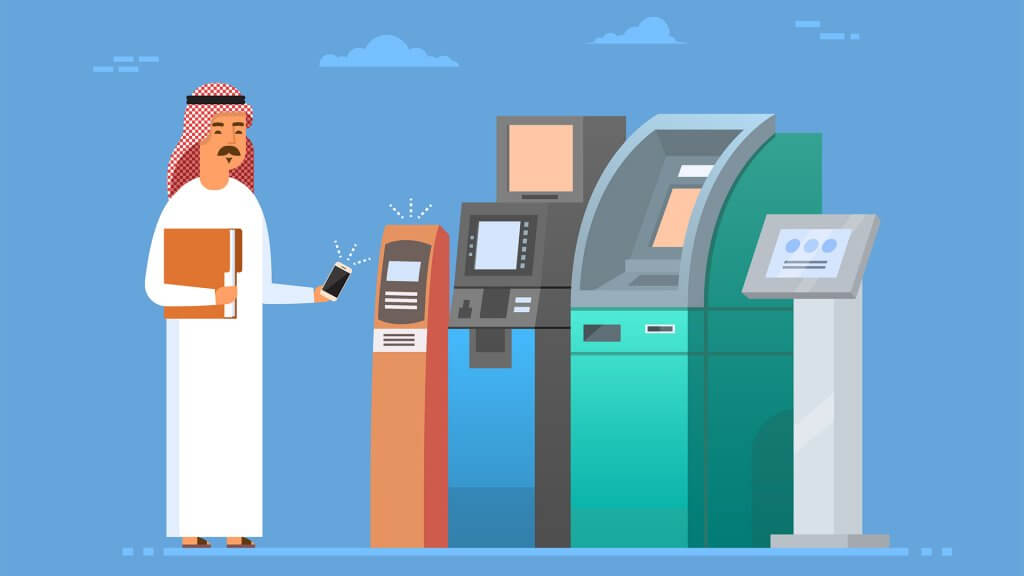One of the fundamental practices in search engine optimisation (SEO) is link-building. Despite how long it’s been around, it remains as effective now as ever when generating inbound web traffic and improving its online presence. Unfortunately, however, while there is a multitude of different techniques to create effective strategies for building links, many commit errors. As a result, it negatively impacts their websites, causing traffic losses and receiving costly penalties in severe cases.
As the saying goes, mistakes don’t just happen on their own; they’re caused. The good news is that you can avoid traps by knowing where they are laid out. In this article, we’ll cover some of the most common mistakes made in link-building that you should avoid at all costs. So, if you want to learn more, keep on reading.
Doing everything yourself
SEO might sound simple in concept. But its execution is more complicated than you might think. If you try to tackle the job yourself, you’ll risk doing more damage to your search rankings and internet visibility than good. So don’t make this mistake and invest in link building specialists like ocere.com. They will save you the trouble, do much better, and help you achieve the intended outcome.
Buying links
Purchasing links was a notorious strategy in the 2000s. Some websites even promoted the service outright, to improve rankings on the search engine results pages by selling the links. It was a time when the Page Rank of Google was the KPI, or metric everyone wanted to concentrate on. This resulted in an overwhelming amount of paid links all over the World Wide Web. However, Google eventually began to lock down on the practice, resulting in penalties for these services.
While this strategy is no longer as prevalent as it once was, many sites still think they can get away with it. Don’t make the same mistake and steer clear of this Blackhat strategy. Build your links organically instead. Doing so will give you peace of mind that you won’t get penalised for your efforts. More importantly, it’ll show your brand or organisation as being transparent and honest. This is especially important if you’re trying to enter a new market, like the Middle Eastern or African markets because it will give you a better chance of winning them over.
Ignoring broken links
Optimising a well-organised website structure for search engine crawlers is one of the most effective ways to ensure that the materials you publish online find their audience. If you leave broken links the way they are, the crawlers won’t be able to fulfil their intended function. Moreover, users will find it frustrating, sending a signal that the online property is of poor quality and leading to lower rankings.
Therefore, you must regularly audit the website, check if there are any dead or broken links, and address them accordingly. It may be a minor detail, but it will impact your link-building efforts and SEO campaign as a whole.
Spamming links
Another common mistake many make is spamming links. The practice frequently happens on guest posts and blog comments where users remark on a piece with little more than a link to a poor-quality online domain or write and upload posts containing the spammy links. Similar to the acquisition of links by paying for them, this is a practice that you mustn’t do because search algorithms have gotten to the point where they can detect these Blackhat methods and penalise the sites accordingly.
Failing to establish relationships
Link-building isn’t only a technique for promoting and connecting content with other sites. It’s also an excellent strategy for establishing networks and creating mutually beneficial partnerships. In other words, the practice is more than merely building links. If you overlook this aspect of link-building, you could miss out on opportunities to strengthen your connection with the webmasters and increase your exposure further. So be sure that you don’t because you may just win over your intended audience, whether they’re from the United States or the Middle Eastern countries.
Conclusion
These days, you’ll be hard-pressed to find any brand or company that doesn’t use link-building strategies in one form or another. After all, this digital marketing method can boost an organisation’s visibility in ways that few others can. However, you mustn’t take it lightly, or it could end up bringing the opposite of the intended results, so avoid the abovementioned mistakes.























